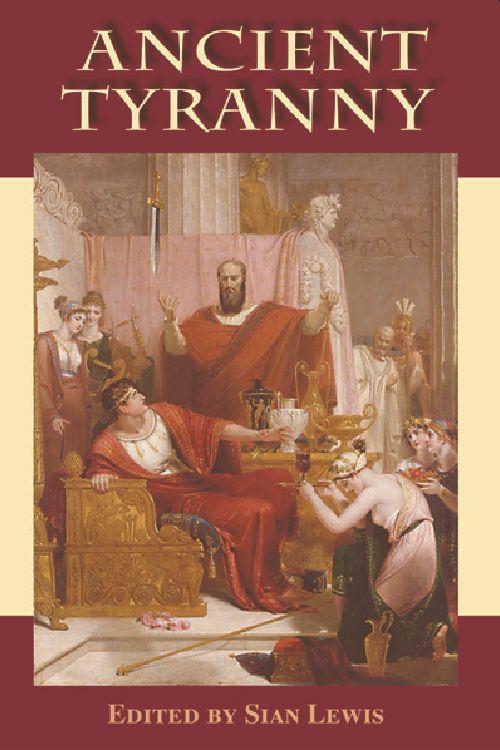Tyrants are more than just the antithesis of democracy or the mark of political failure: they arise in response to social and political pressures. Gathering together writings by leading historians, political theorists, and philosophers, this book is a comparative study of the autocratic rulers and dynasties of classical Greece and Rome and the changing concepts of tyranny in their political thought and culture.
Inhaltsverzeichnis
1. Introduction, Sian Lewis; Part I The Making of Tyranny; 2. Tyranny and Kingship in Archaic Rome, Fay Glinister; 3. Ducetius and Fifth-Century Sicilian Tyranny, Trinity Jackman; 4. Adfectatio regni in the Roman Republic, Christopher Smith; 5. Money and the Great Man: military power, aristocratic connections and mercenary service in the fourth century BC, Matthew Trundle; 6. From Agathocles to Hieron II: the birth and development of basileia in Hellenistic Sicily, Efrem Zambon; Part II Tyranny and Politics; 7. Tyrants and the Polis: urban development in the western Mediterranean, Kathryn Lomas; 8. Synchronicity: the local and the panhellenic within Sicilian tyranny, Sarah Harrell; 9. Alexander of Pherae: a model tyrant?, Slawomir Sprawski; Part III The Ideology of Tyranny; 10. Pindar and Kingship Theory, Simon Hornblower; 11. The Comic Pericles, James McGlew; 12. Tyrannical Oligarchs at Athens, Lynette Mitchell; 13. Plutarque et les tyrans siciliens, Claude Mosse; 14. Caesar tyrannos: Cicero's Platonic reckoning with the Roman dictator, Ingo Gildenhard; Part IV The Limits of Tyranny; 15. The Violence of the Thirty Tyrants, Andrew Wolpert; 16. The Limits of Autocracy in the Fourth-Century BC Persian Empire, Stephen Ruzicka; 17. Sulla the Weak Tyrant, Alexander Thein; Bibliography.












